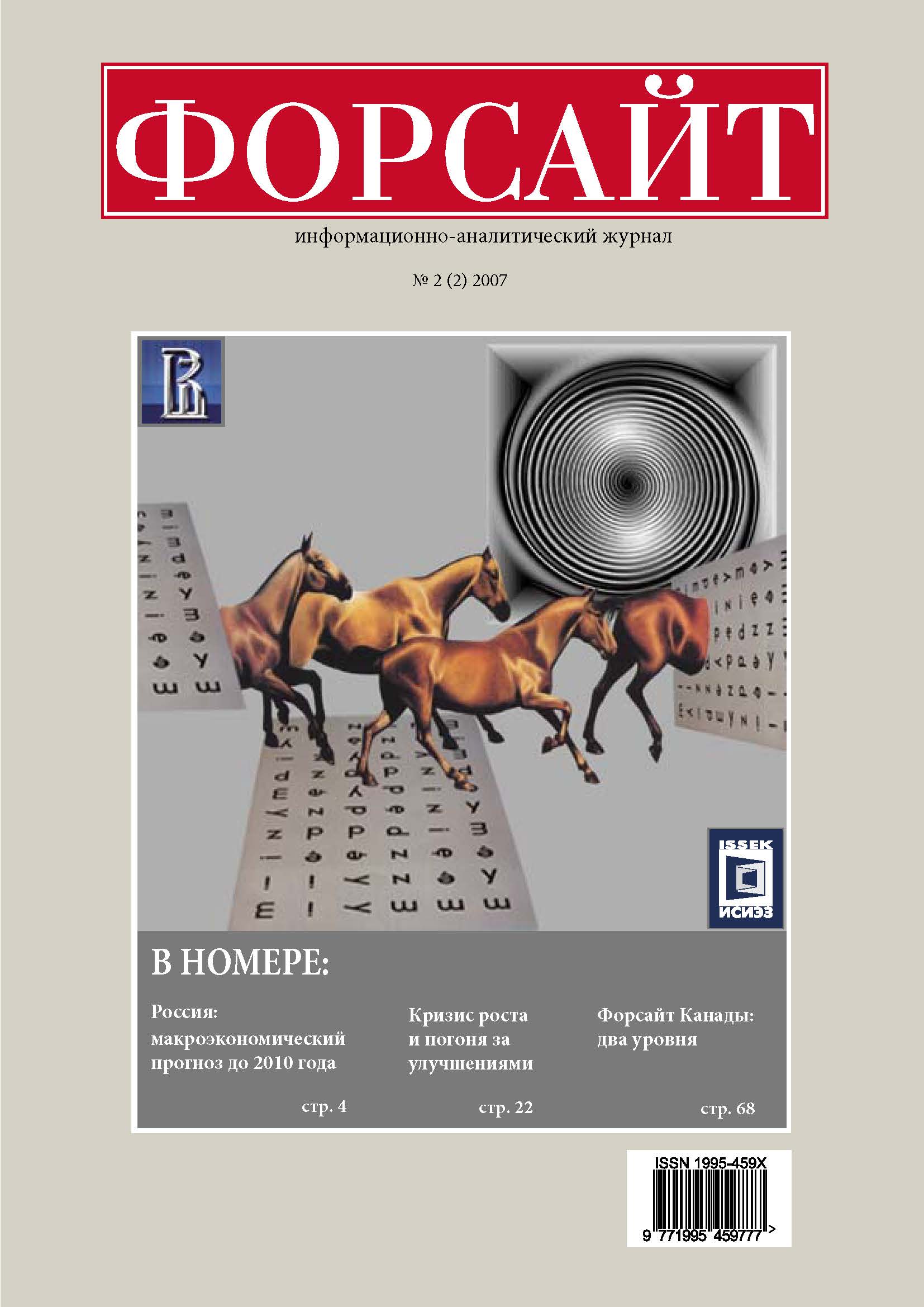Abstract
Increasingly, teachers, employers, students and their families talk about the importance of identifying promising areas of education, of giving him the ability to meet the strategic needs of the growing and changing economy, a dynamic society. We need to understand a feasibility of such a task, possibility to identify future needs for skilled workers, availability of a chance to develop an approach that is applicable in different circumstances. We proceed from the assumption that the flexibility of demand in the labor market doesn’t allow to predict a high degree of accuracy the structure of the economy's needs in the workforce. However, this problem can be seen not only in quantitative terms, but above all with the content, i.e. answering the question, what should be the content of a student training. The value of this perspective is obvious: the huge resources are concentrated in education, at the same time the rapidly changing economic life requires constant updating of the trainings’ content as well as approaches to their organization. In this case, as is known, changes in any system are impossible as long as the goal remains undefined and is not accepted by the key actors. The paper considers a number of challenges currently facing higher education and discusses methodological approaches to determining the future directions of its development.
References
Chisholm L. Initial Transitions between Education, Training and Employment in Learning Society // International Bulletin of Youth Research, vol. 15 (1997), №1, рр. 6-16.
Heijke H., Ramaekers G. The Generation and Relevance of the Knowledge and Skills of Economic Graduates in: Educational Innovation in Economics and Business II. In: Tempelaar, D.T., F. Wiedersheim-Paul, and E. Gunnarsson (eds.). Search of Quality. Kluwer Academic Publishers, 1998, pp. 325-342.
Helping to create an entrepreneurial culture. A guide on good practices in promoting entrepreneurial attitudes and skills through education. EC, 2006. http://ec.europa.eu/enterprise/entrepreneurship/support_measures/training_education/doc/entrepreneurial_culture_en.pdf.
Rosenbaum J., Kariya T., Settersten R., Maier T. Market and network theories of the transition from high school to work: their application to industrialized societies // Annual Review of Sociology, vol. 16 (1990), pp. 263-299.
Rudd P., Evans K. Structure and Agency in Youth Transitions: Students Experiences of Vocational Further Education // Journal of Youth Studies, vol. 1 (1998), №1, pp. 39-62.
Stern D., Bailey T., Merrit D. School-to-Work Policy Insights from Recent International Developments. Berkeley: National Center for Research in Vocational Education, 1997.
Velden van der R.K.W., Wolbers M.H.J. The Key Power of Education (manuscript). Research Center for Education and Labour Market Research (ROA), Maastricht University, 2000.
Wolbers M.H.J., De Graaf P.M., Ultee W.C. Trends in the Occupational Returns to Educational Credentials in the Dutch Labor Market: Changes in Structures and in the Association? // Acta Sociologica, vol. 44 (2001), №1, рр. 5-19.
Кастельс М. Информационная эпоха. Экономика, общество и культура. М.: ГУ-ВШЭ, 2000.
Константиновский Д.Л., Чередниченко Г.А., Вознесенская Е.Д. Российский студент сегодня: учеба плюс работа. М.: ИС РАН, 2002.
Малоун Т.У. Труд в новом столетии. Как новые формы бизнеса влияют на организации, стиль управления и вашу жизнь. М.: Олимп-Бизнес, 2006.
Стратегии адаптации высших учебных заведений. Экономический и социологический аспекты. М.: ГУ-ВШЭ, 2002.

This work is licensed under a Creative Commons Attribution 4.0 International License.

